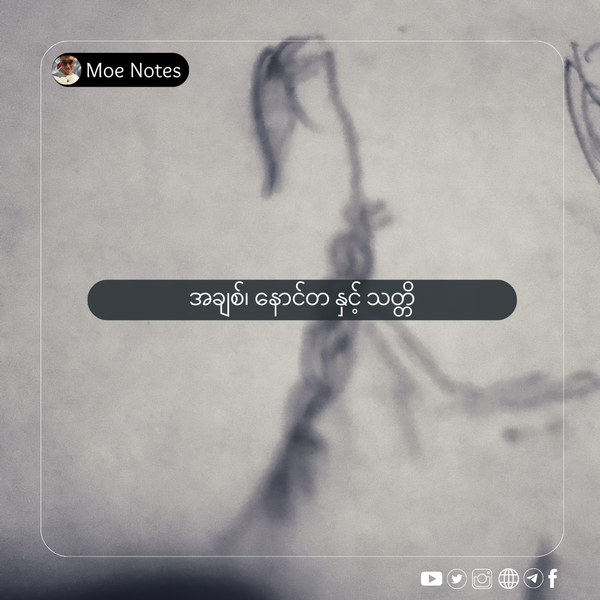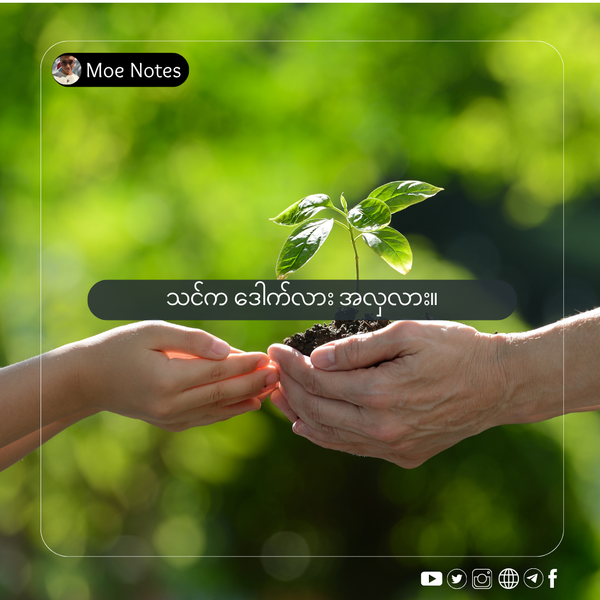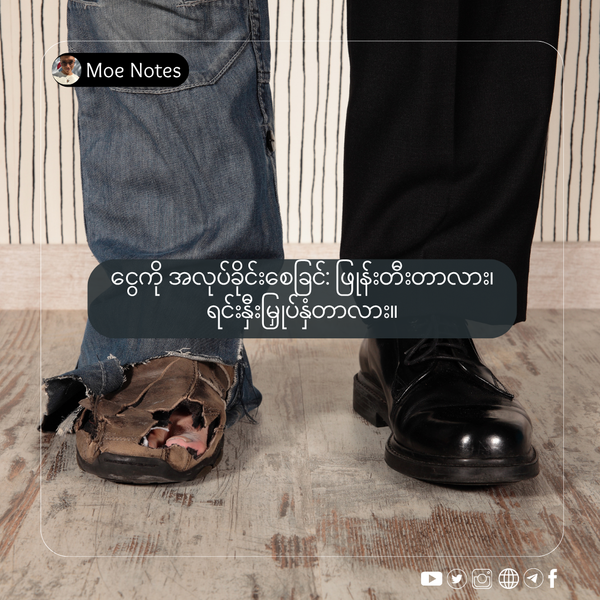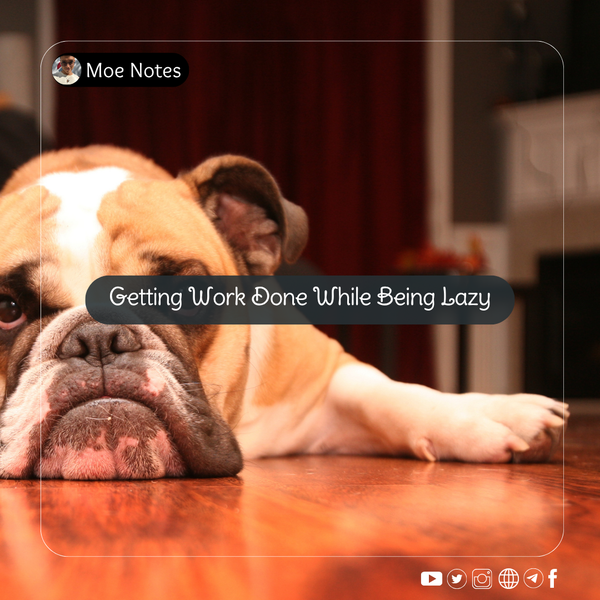The Most Important Skill for Studying Abroad: Personal Responsibility
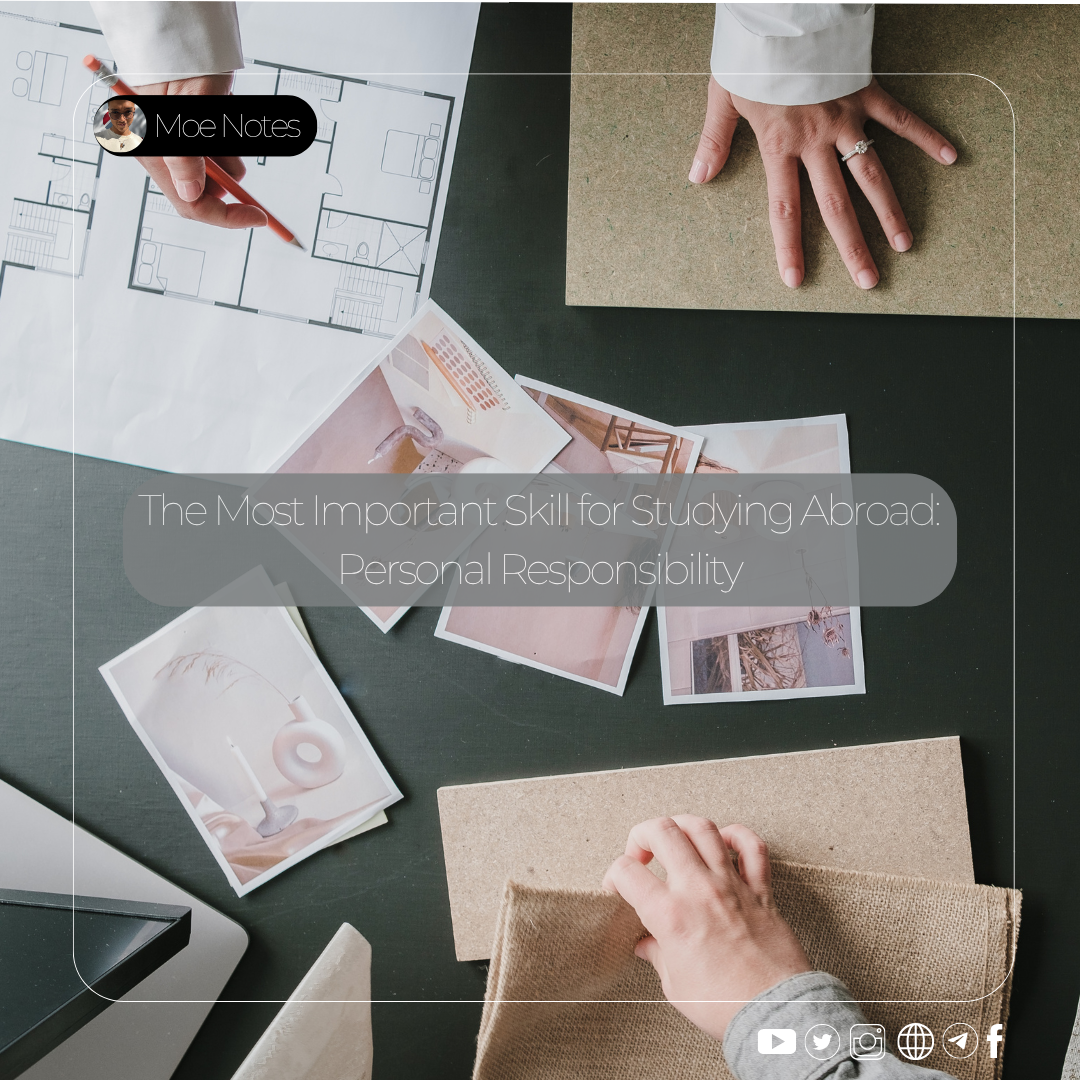
This article is also available in [Burmese]
"You start by taking responsibility for yourself. From there, you learn to take responsibility for your family, and then for 10 people, 100 people, 1000 people. To do this, learning to take responsibility for yourself is the most critical first step."
Introduction: The Parental Paradox
From a young age, many of us in Myanmar are treated like children by our parents. The message is clear: you know nothing, you can't do anything, you can't be trusted. But as we grow older, that message suddenly and confusingly flips. The same parents who protected us from every responsibility begin to ask:
"Why don't you ever do what I ask? I always have to step in." "What can you even do without me?" "Are you going to live in your parents' house forever?"
This is a frustrating paradox that I have experienced, and I know from my friends, classmates, and neighbours that it is a common story. Our parents, with the best of intentions, raise us in a way that provides for our every need but rarely assigns us any real responsibility. And then, they are surprised when we don't know how to be responsible.
Part 1: The Making of a Mindset - A Tale of Two Upbringings
The environment a child grows up in, and the circle of guardians around them—parents, aunts, uncles, grandparents, even domestic helpers—molds their character from a very young age. Consider two different types of young person this can create.
- The First Person: Let's say he lives a pampered life. He has never had to worry about money, and his parents, busy with their own lives, grant his every wish but offer little guidance or attention. He competes with his friends over material things but has little regard for his own life or future. For him, life is not something to be built, but something to be consumed.
- The Second Person: His family's wealth is irrelevant. What matters is that his parents act as guides. They help him think through the consequences of his actions, discussing what is right and wrong. They support and encourage him. He is not treated like a child, but like a future adult. He understands his own life, and his guardians are his closest advisors.
Who do you think is more likely to succeed in the long run? In most cases, it will be the person who was raised with guidance and taught the principles of responsibility.
Part 2: Why This Matters - The Great "Reset" of Studying Abroad
What does this have to do with going abroad? Many people think that studying overseas is just about getting a better education because the system back home is broken. If that were the only reason, why do students from the US, France, Spain, and Canada come to study in the UK? They have excellent universities in their own countries.
The truth is that studying abroad is a total life reset. It is an experience where you are forced to start again from zero, in a country where you know no one. Everything, from eating and drinking to securing your legal right to live there, rests entirely on your shoulders.
This is where the difference between the two upbringings becomes starkly clear. A student who already knows how to cook will not struggle like one who has never made a meal. One who is used to making their own bed will not find it a burden. One who is used to keeping their space clean will not live in chaos. These aren't just small daily activities. They are the foundation of a disciplined life, and this discipline extends into your studies and, eventually, your career. When you face failure, a person who understands their own actions and takes responsibility for their life will find it much easier to get back up.
Part 3: Your Training Manual for Self-Reliance
So, what should you do now to prepare? Start with the simplest things. Take responsibility for what you can control.
- Master Your Environment: Start by taking ownership of your own life, even without an income. If you go out and the bags are heavy, insist on carrying your own. Learn to cook a few meals for yourself. Do your own laundry, from washing to folding. Wash your own dishes.
- Master Your Finances: Ask for a small weekly or monthly allowance and manage it yourself. Make your own purchasing decisions. Go to the market and buy your own groceries.
- Master Your Decisions: For small things, start making your own choices and accepting the consequences.
What if you make a mistake? You will make mistakes. That is guaranteed. The food you cook will be inedible. You will drop and break a plate. You will use the wrong detergent and stain your clothes. You will mismanage your money and waste thousands, or even lakhs, on something foolish.
This is the most critical moment. This is when parents must resist the urge to say, "See? What can you do without me?" or "Are you going to live in your parents' house forever?"
Shaming a person for a failure that came from a genuine attempt is the surest way to kill their desire to try again. The freedom to fail is the most important ingredient in learning responsibility.
Part 4: A Personal Confession - My Own Painful Lessons with Money
Studying in the UK, many people assume that because I am here, I must be well-off and that everything is easy. The truth is, unless you have an enormous amount of money, the journey is incredibly difficult.
For me, learning to manage my own money was one of the hardest challenges. In the beginning, I was terrible at it. There were months where, near the end, I barely had enough money left for food. There were times I couldn't even afford to buy rice. I distinctly remember days of hunger where I survived by nursing a single £1 loaf of bread, trying to make it last.
I shouldn't have had to go through that. Even now, I am still not perfect at budgeting, but I am still trying. If I had started learning these skills a few years earlier, instead of just a few months ago, my life here would have been so much smoother. My bank account wouldn't be a constant source of anxiety.
Conclusion: Responsibility is Scalable
This is why I am telling you to start now. The journey of life is one of expanding responsibility. In your career, you may start as an entry-level employee and one day become a CEO. You start by taking responsibility for yourself. From there, you learn to take responsibility for your family, and then for 10 people, 100 people, 1000 people. To do this, learning to take responsibility for yourself is the most critical first step. It is the most important skill you need to prepare for your journey abroad.
I urge both students and parents to try this. I can absolutely guarantee that you will experience a profoundly positive change.
